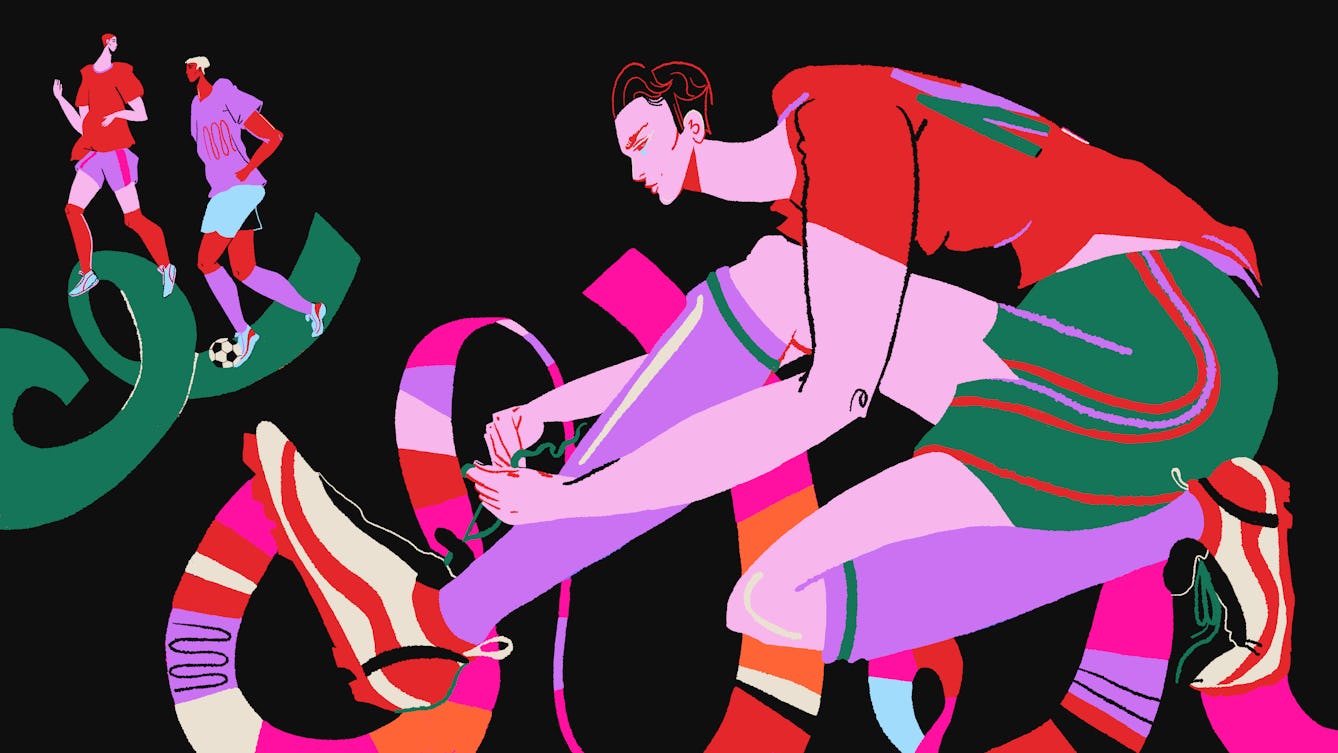
- Article
- Article
Rediscovering a love of the game
Sexism and homophobia in football prompted Lara Goodwin to stop playing the sport at 19. Today, while discrimination in the game is still rife, Lara has found hope – and like-minded players – in an inclusive east London club.

- Article
- Article
The meanings of hurt
In the early modern period, gruesome incidents of self-castration and other types of self-injury garnished the literature of the time. Alanna Skuse explores the messages these wounds conveyed.
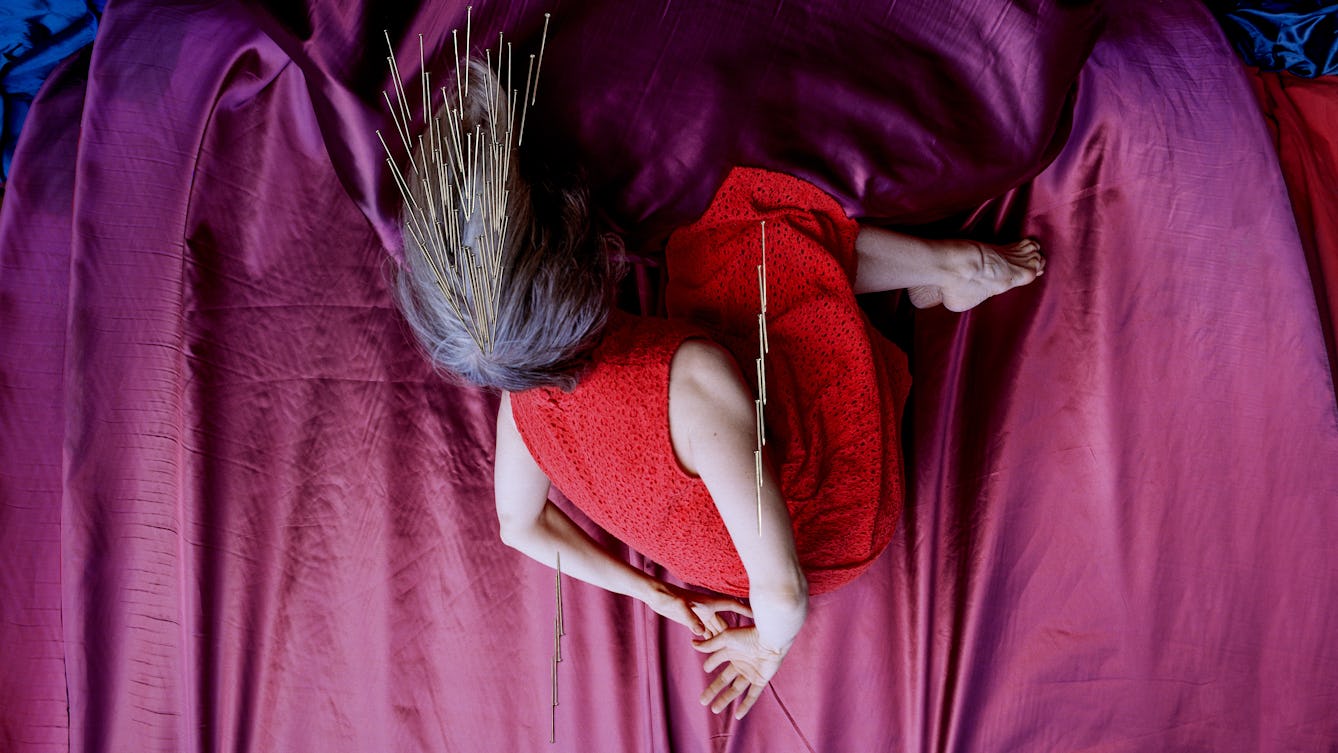
- Article
- Article
Are people born violent?
Laura Bui explores how the nature vs nurture debate applies to those who commit homicide.
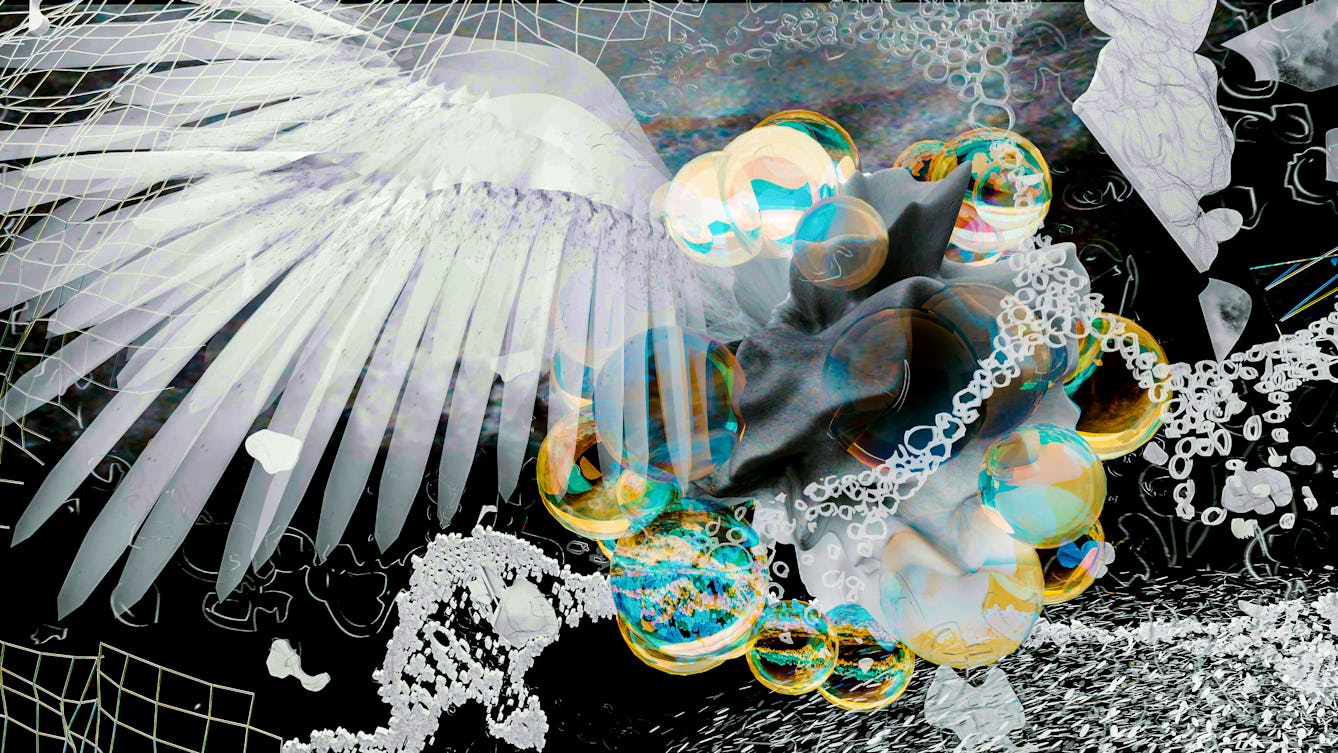
- Article
- Article
Air of threat
Novelist Chloe Aridjis vividly describes the suffocating atmosphere of Mexico City, as a combination of topography, crowded neighbourhoods, and reckless political diktats create a downward spiral.

- Article
- Article
The Ladies of Llangollen
As we celebrate LGBT History Month, Sarah Bentley explores the relationship between the two 18th-century women known as the Ladies of Llangollen.

- Article
- Article
Words of hope and anger
Author and spoken word poet Penny Pepper remembers her childhood dreams, and speaks out against the barriers society uses to prevent disabled people from fulfilling their potential.

- Article
- Article
The work of wet-nursing
Many of us know that in the past, babies were sometimes nourished by wet-nurses. But, perhaps surprisingly, the practice continues today – and the milk recipients are not only babies.

- Book extract
- Book extract
Surviving the storm of postnatal depression
Emma Jane Unsworth lays bare the despair of postnatal depression and shares her route to recovery.

- Article
- Article
Deadly doses and the hardest of hard drugs
The invention of the modern hypodermic syringe meant we could get high – or accidentally die – faster than before. Find out how this medical breakthrough was adapted for deadly uses.
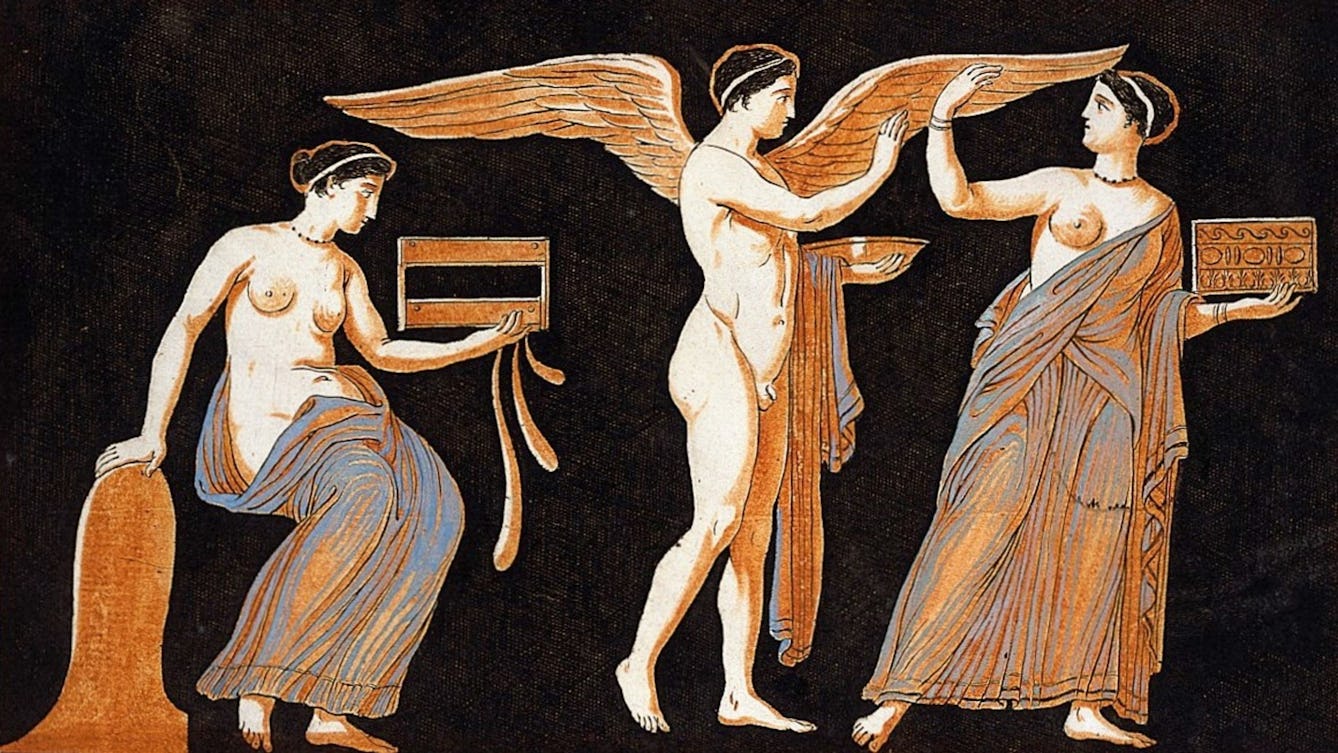
- Article
- Article
Genius spirits and the mystery of creative inspiration
Once upon a time, we all had a genius.
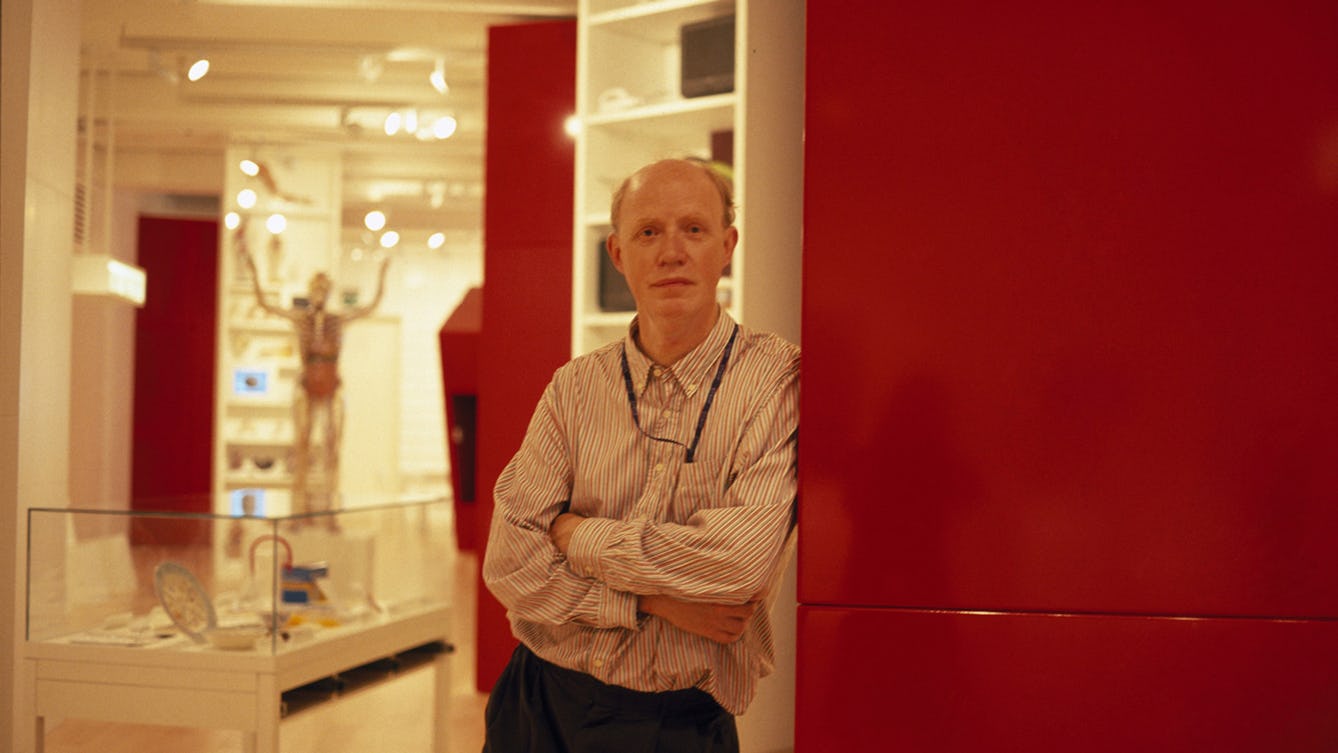
- Article
- Article
Ken’s ten: looking back at ten years of Wellcome Collection
Wellcome Collection founder Ken Arnold picks his favourite exhibits.
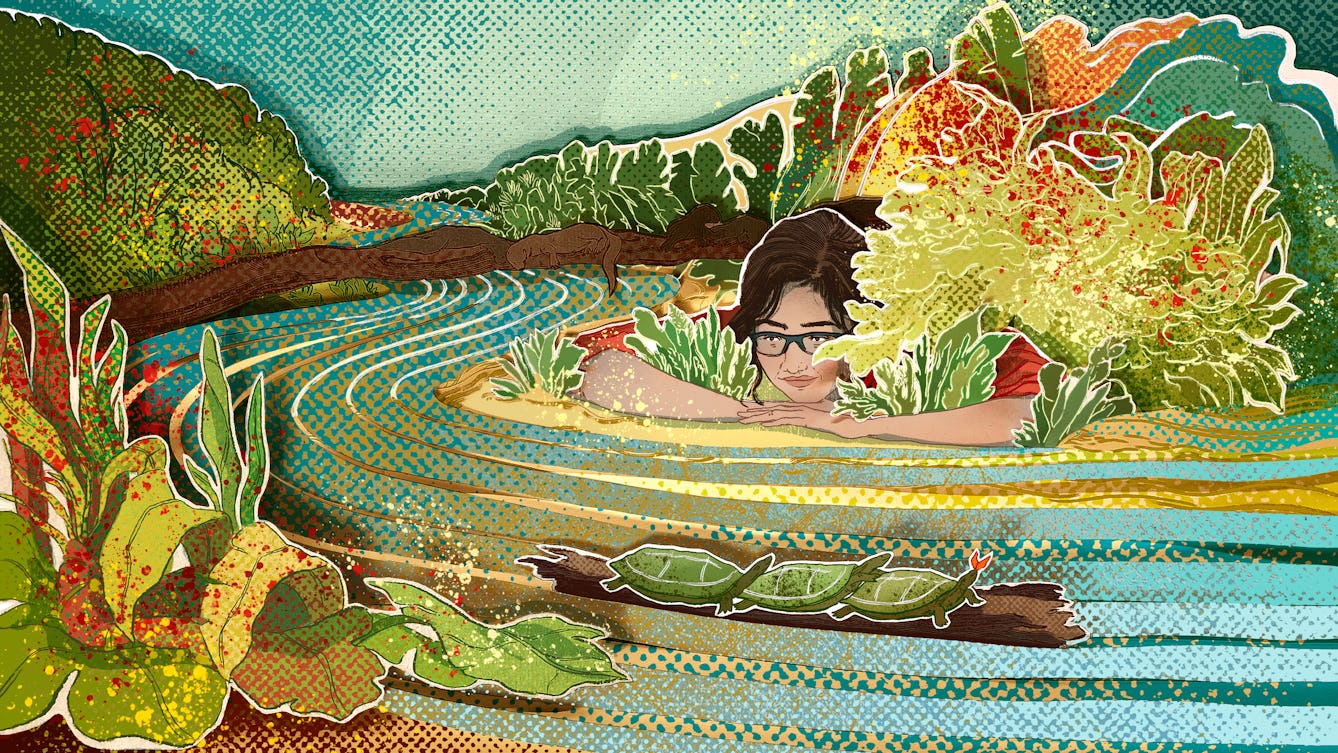
- Article
- Article
My rainforest upbringing
In the introduction to her serial, research biologist Nataly Allasi Canales charts the influences that led her to passion for preserving the species of the Peruvian Amazon, where she spent her childhood.

- Article
- Article
How can we prevent violence?
Evidence shows that strategies to prevent some types of violence can be very effective, while other, less well-acknowledged forms continue unabated. But hope can still guide us into a more peaceful future.

- Article
- Article
Aphasia and drawing elephants
When Thomas Parkinson investigated the history of “speech science”, he discovered an unexpected link between empire, elephants and aphasia.
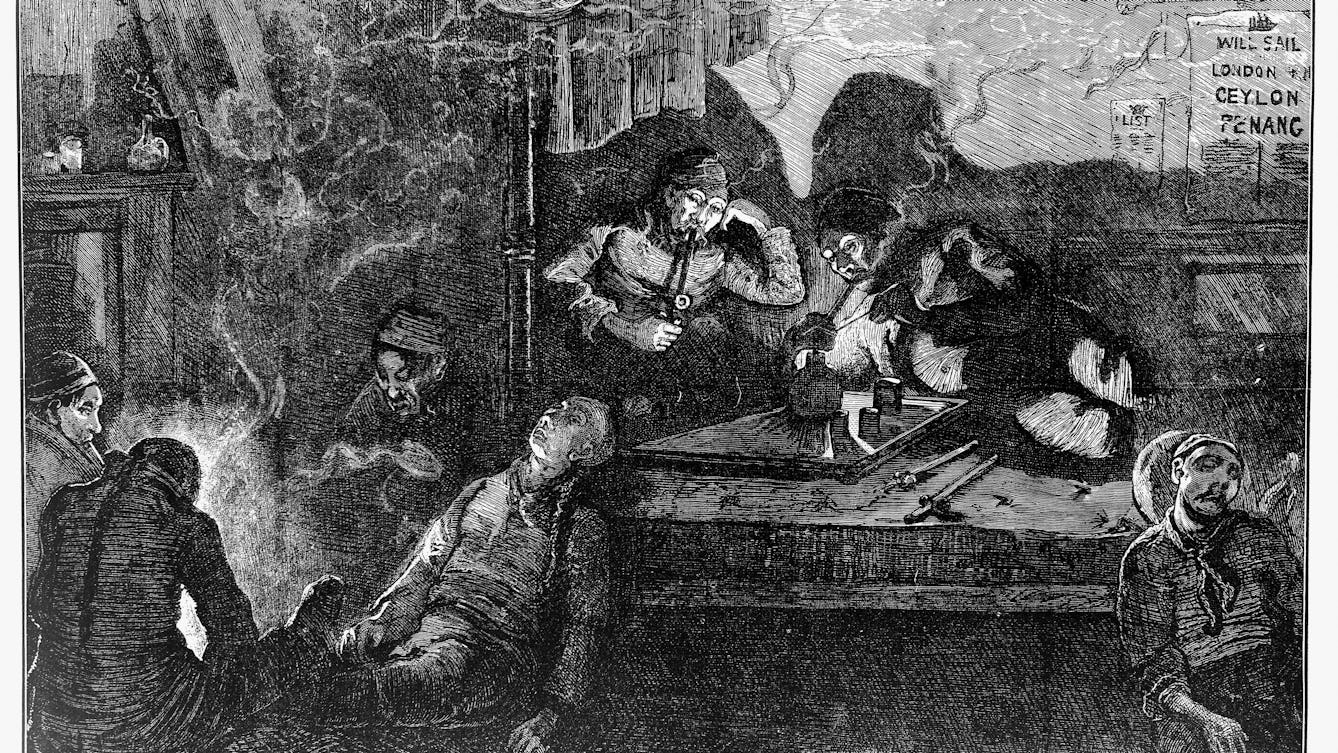
- Article
- Article
Drugs in Victorian Britain
Many common remedies were taken throughout the 19th century, with more people than ever using them. What was the social and cultural context of this development?

- Article
- Article
Nymphomania and hypersexuality in women and men
The history of nymphomania is closely bound with society's views on women and their sexuality.
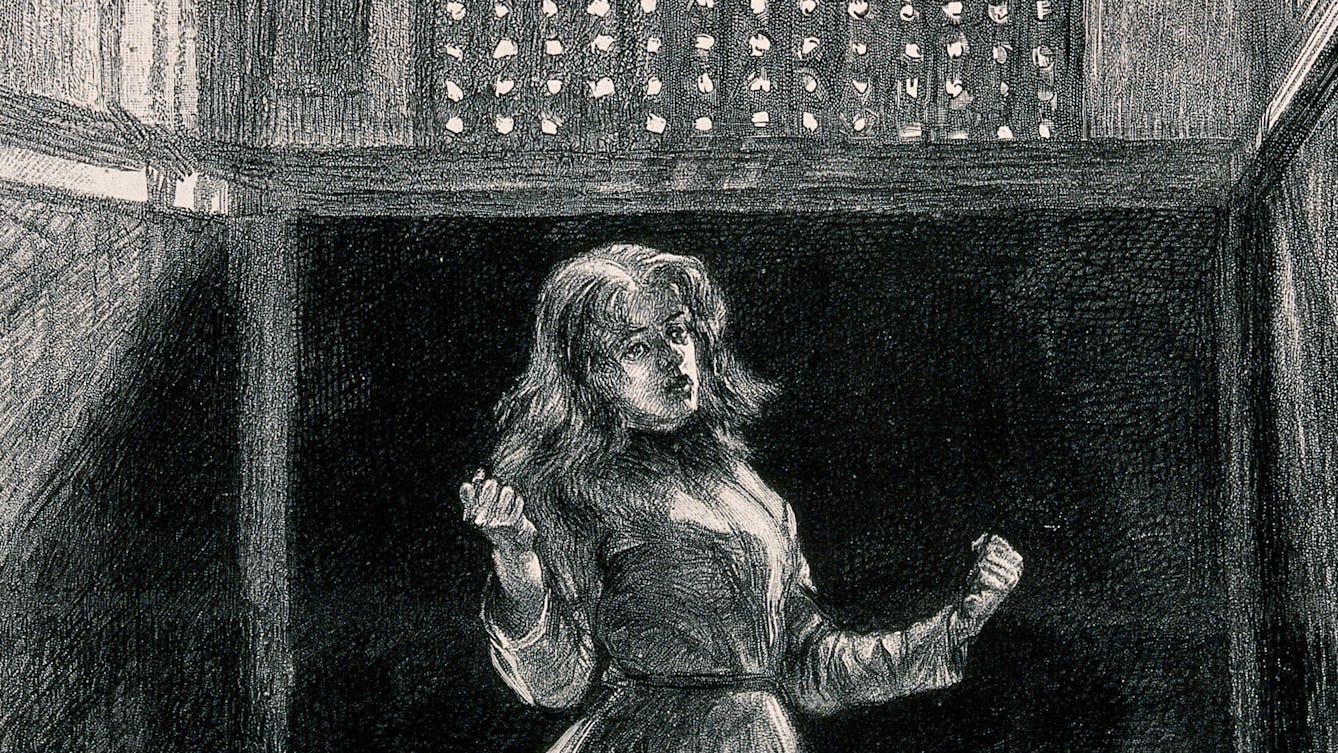
- Article
- Article
Disturbed minds and disruptive bodies
Prison officers tried to regulate women’s minds and bodies and maintain a new disciplinary routine in the second half of the 1800s.
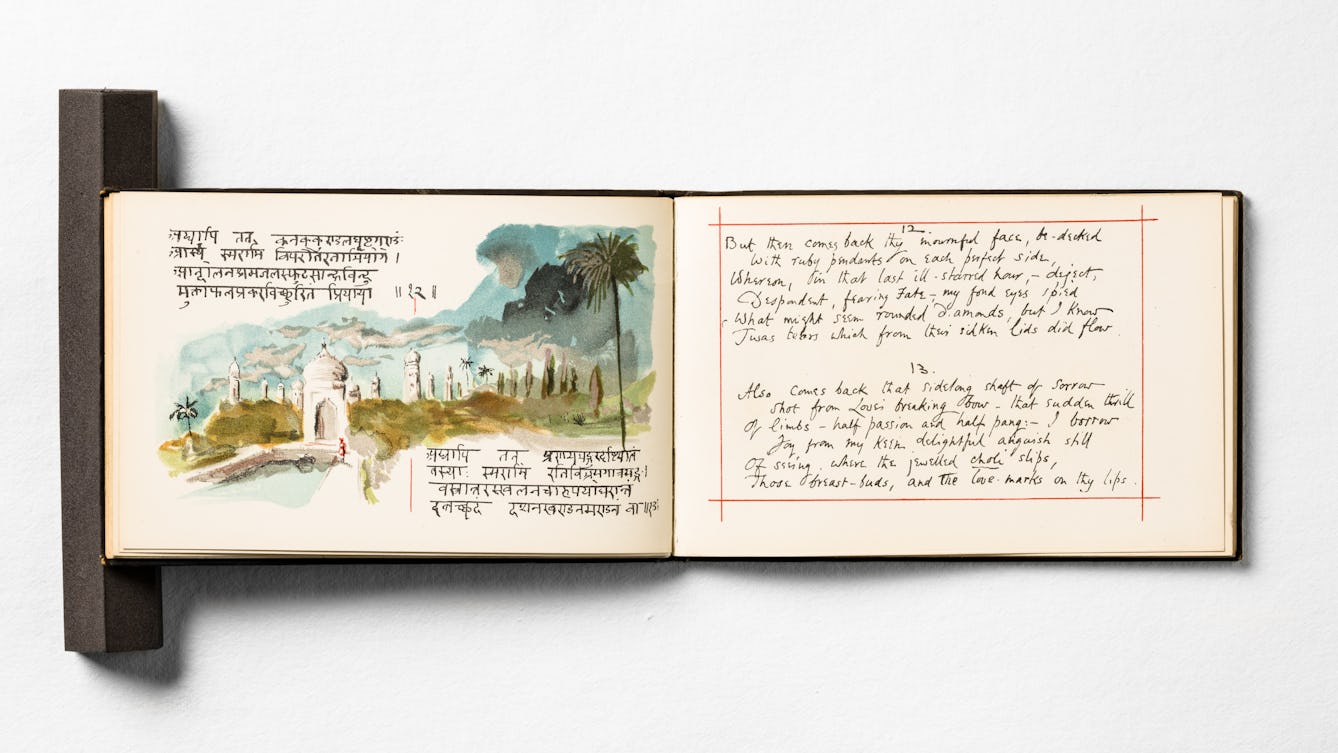
- Article
- Article
Lovesickness and ‘The Love Thief’
An 11th-century poem of love, lust and possibly gruesome death still resonates today.

- Article
- Article
Cocaine, the Victorian wonder drug
Today, cocaine has a very poor public image as one of the causes of crime and violence. But for the Victorians it was welcomed as the saviour of modern surgery.

- Article
- Article
The shocking ‘treatment’ to make lesbians straight
Being a lesbian has never been a crime in the UK, but 50 years ago, some psychologists experimented with treatments to try to ‘cure’ women of their orientation. Find out what this involved.

- Article
- Article
Diagnosing the past
Historical texts rarely supply enough detail for a definitive diagnosis, so medical historians need to proceed with caution.

- Article
- Article
The ‘epileptic’ in art and science
From scarred outsiders in literature to the cold voyeurism of medical films and photography, people who experience seizures and epilepsy are rarely shown in a compassionate light in popular culture.

- Article
- Article
The current that kills
In the 19th century, electricity held life in the balance, with the power to execute – or reanimate.
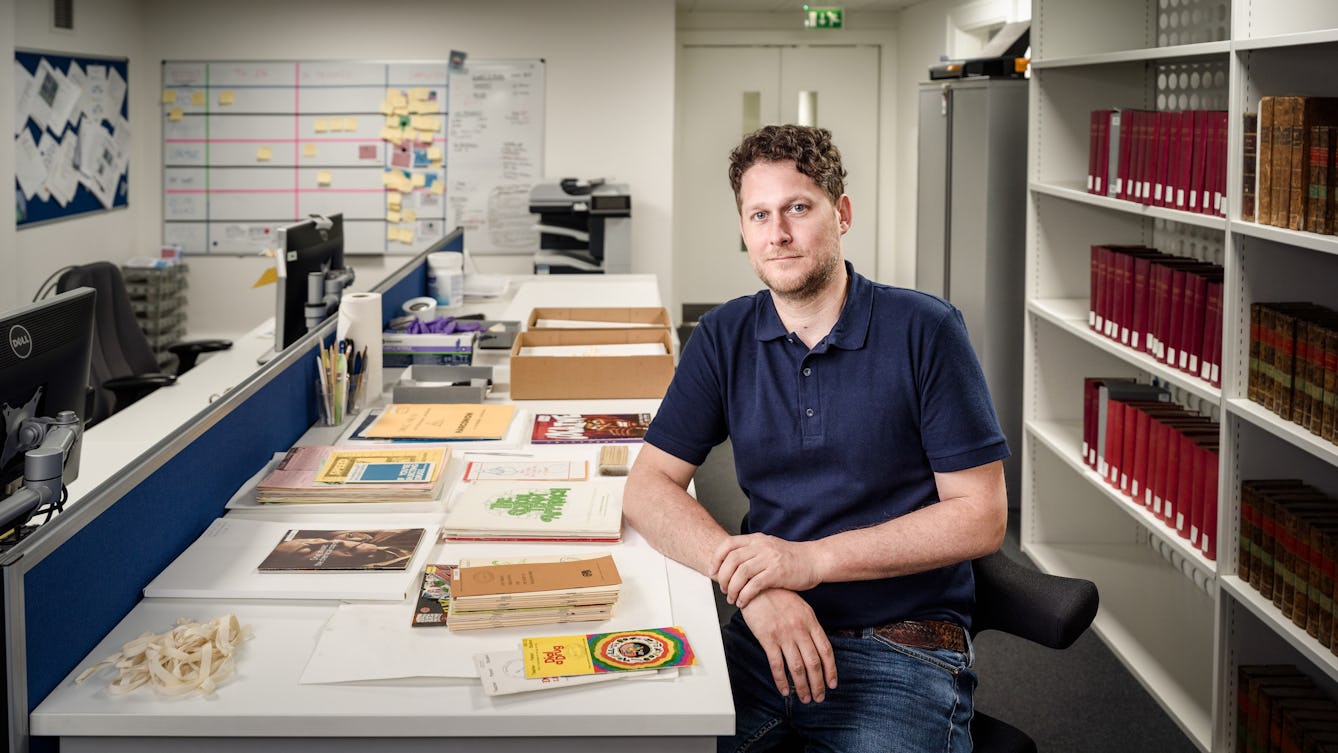
- Interview
- Interview
Sniffing glue and Scientology in the DrugScope archive
Academics on hallucinogenics, kids sniffing glue, and Scientologists recruiting drug users keen to kick the habit. Delve into Wellcome’s recently acquired DrugScope archive.

- Article
- Article
Good animals, bad humans?
Could an animal be more evolved than a human? Victorian psychologists thought that in some cases the answer could be ‘yes’.